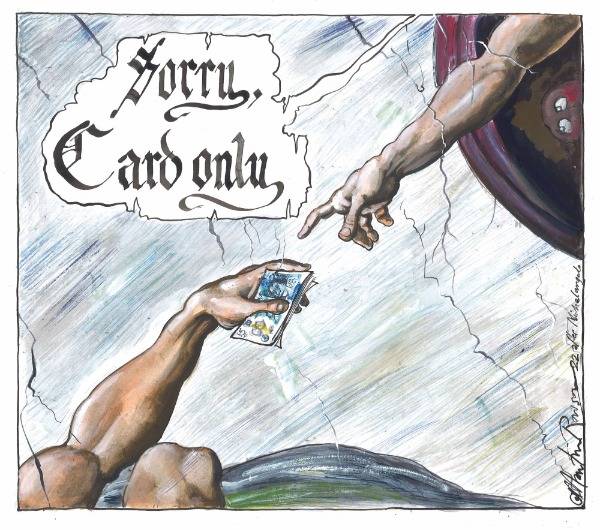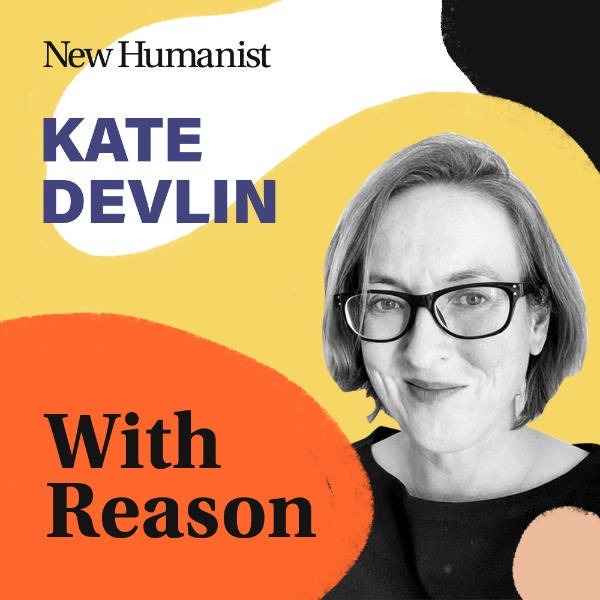
This article is a preview from the Summer 2020 edition of New Humanist
Uncanny Valley: A memoir (Fourth Estate) by Anna Wiener
Abolish Silicon Valley: How to Liberate Technology from Capitalism (Repeater) by Wendy Liu
Soon after landing a job at a trendy data company, Anna Wiener buys a mini skateboard and uses her weekend to practise in the office. That comically poignant image of her, desperate to keep up with her male colleagues racing around on their Ripsticks, is typical of Uncanny Valley. Equal parts memoir and cutting industry satire, the book tells the story of Wiener’s years working in customer support, mostly at a successful start-up, as she falls in and out of love with Silicon Valley.
The company is a “unicorn”: one of the small minority that succeed and grow to be worth over a billion dollars. It is staffed by the kinds of college dropouts and baby-faced computer science graduates who have suddenly found themselves running the world – or at least think they are. Having guiltily quit her stagnating job at a publisher in New York, Wiener moves to the Bay Area and forces herself to drink the Kool-Aid, albeit while holding her nose.
We watch in enthralled horror as she’s called into a meeting only to be asked if she is truly DFTC: the acronym “Down For The Cause” is regularly used in Silicon Valley to demand total loyalty from employees. The cultish workplace feels familiar. Movies like The Social Network, a biography of the rise of Facebook, and The Circle, an unsettling thriller clearly inspired by Google, have given us a peek into the industry’s weird and toxic culture.
But Wiener’s viewpoint is refreshing. Her prose crackles with self-lacerating wit as she picks away at her own delusions. The fat pay cheque and health insurance are only part of the picture: the seduction of Big Tech is more complex. As Tom Wolfe did for '80s Wall Street in Bonfire of the Vanities, Wiener uses Silicon Valley as a stage for the dramatisation of the male ego. While her colleagues are routinely sexist (one makes a remark about her Jewish “sensuality”), Wiener is in thrall to their confidence. “I felt like a babysitter, a fifth wheel, a chaperone, a little sister, a ball and chain, a concubine. I felt indescribably lucky.”
The first part of the book coincides with Silicon Valley’s heyday, before the 2013 NSA leaks and the 2018 Cambridge Analytica scandal drew unwanted attention to the sector’s unaccountable power. During the revelations around the extent of spying on the American population, Wiener naively asks a friend whether she’s working for a surveillance company. “What a great question,” he responds. “I thought you’d never ask.”
Wiener’s initial lack of interest in life outside the bubble can be frustrating, but it is also fairly typical. While her team gobbles all-you-can-eat sushi on the company card, Silicon Valley is gentrifying, pushing out working-class and black populations from San Francisco and its environs. Later in the book, she spots a homeless man at a rail station wearing a company hoodie. “It was the city’s socioeconomic gap personified,” she says to a co-worker, who can only wonder how the man got hold of the hoodie. They’re not supposed to give away company clothing.
Wendy Liu’s Abolish Silicon Valley is in many ways a mirror of Wiener’s book. Liu also embraces the culture with eager dedication at first. But she is an engineer founding her own start-up, an insider of sorts, steeled to win over the all-boys’ club. The first section of the book is a painful saga of struggle as the team shift from one business model to the next, failing to secure investment.
Liu admits she’s disturbed by the idea that her book will be dismissed as the work of a loser “projecting my naive resentment at the whole industry”. She knows this doesn’t make sense, as roughly 95 per cent of all start-ups fail, but she can’t fully purge the ideology.
Liu’s eventual disillusionment is partly inspired by Wiener’s. Uncanny Valley is an expansion of an article of the same name, published in spring 2016 by n+1 magazine. When Liu stumbled across it, she says “the words cut like a knife through my gradually waning hopes”. But her hopes at the time were on a different scale than Wiener’s. Liu was her own boss. She was not being bullied – she was the bully more than once. The book’s most cringeworthy scene has her pushing out a team member, ostensibly because he wouldn’t work on Sundays. “Enjoyment is for people who wanted to fail,” she says of her attitude at the time.
The breakthrough moment, for both women, is the 2016 election. The tech industry was already under scrutiny during the campaign, but the victory of Donald Trump forced Silicon Valley to take a hard look at itself. Both women quit their teams, but Liu’s breakaway is far more dramatic, partly because she was more invested. She goes from praising Ayn Rand, the icon of individualism, to, at the end of the book, calling for the end of capitalism.
“Capitalism is the disease,” she argues, “and the venality of Silicon Valley is a morbid symptom”. Her ambitious goal is to devise a new way to develop tech which fulfils its “transformative potential”. Abolish Silicon Valley offers a raft of suggestions. These include setting up a publicly owned investment fund to encourage entrepreneurship for non-capitalist ends; addressing income inequality by pegging the wage of CEOs to that of their lowest-paid workers; and revising intellectual property laws to favour fair use and non-profit purposes.
Liu’s conversion to the anti-capitalist movement can look a little like cult-hopping. But Liu freely admits that progress may have to be slow. What she wants is Silicon Valley to “no longer ignore the broken ecosystem they’ve helped to produce”. This is a reasonable and timely demand. A sector with vast power and potential has long aimed its focus on distributing resources within a regime of scarcity. People can’t afford their own car, hotel room or music collection. Uber, AirBnB and Spotify were created, Liu argues, to fill gaps which shouldn’t exist.
The tech elite succeeded for a while in portraying themselves as different – not nepotistic like the politicians, not fuelled by greed like the bankers, but trying to do some good. In recent years, public opinion has been sceptical, with the billionaire boy kings becoming everyone’s favourite villains. Yet most still sit on their thrones. The industry is diversifying but it is still dominated by white patriarchy. The cult of the young male ego will no doubt prove resilient. As Uncanny Valley and Abolish Silicon Valley show, deprogramming is as agonising as it is necessary.

